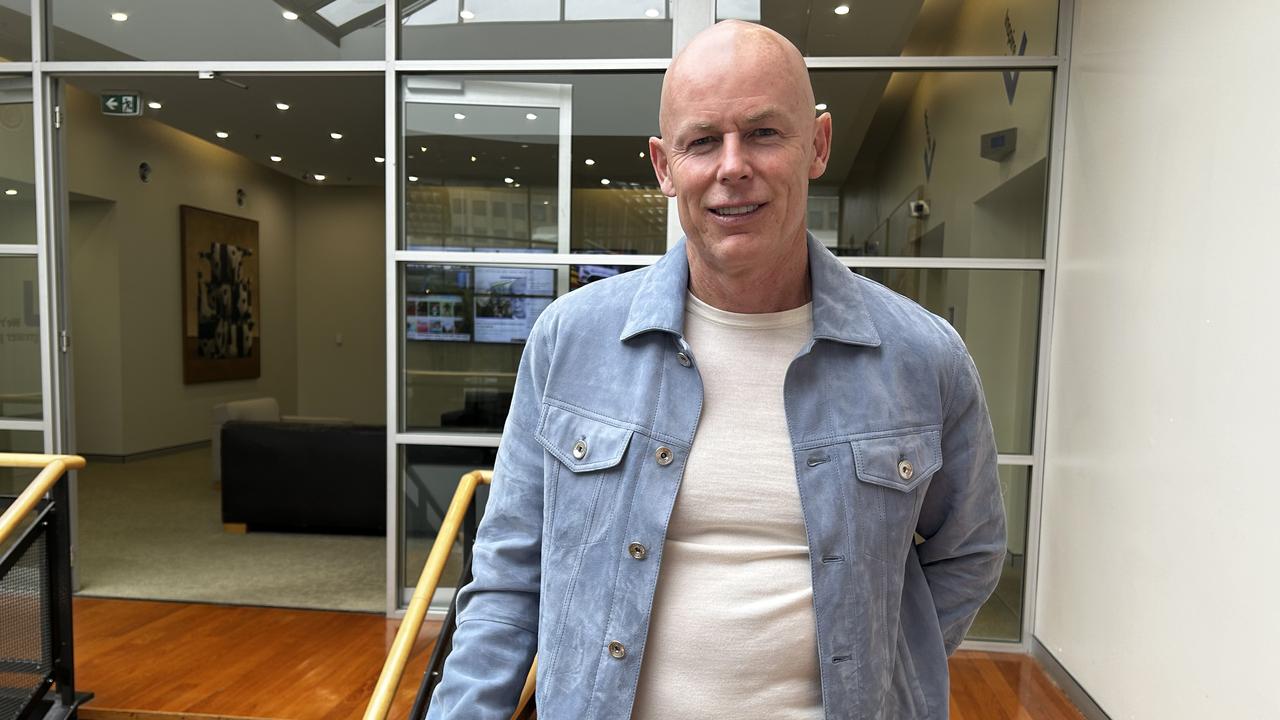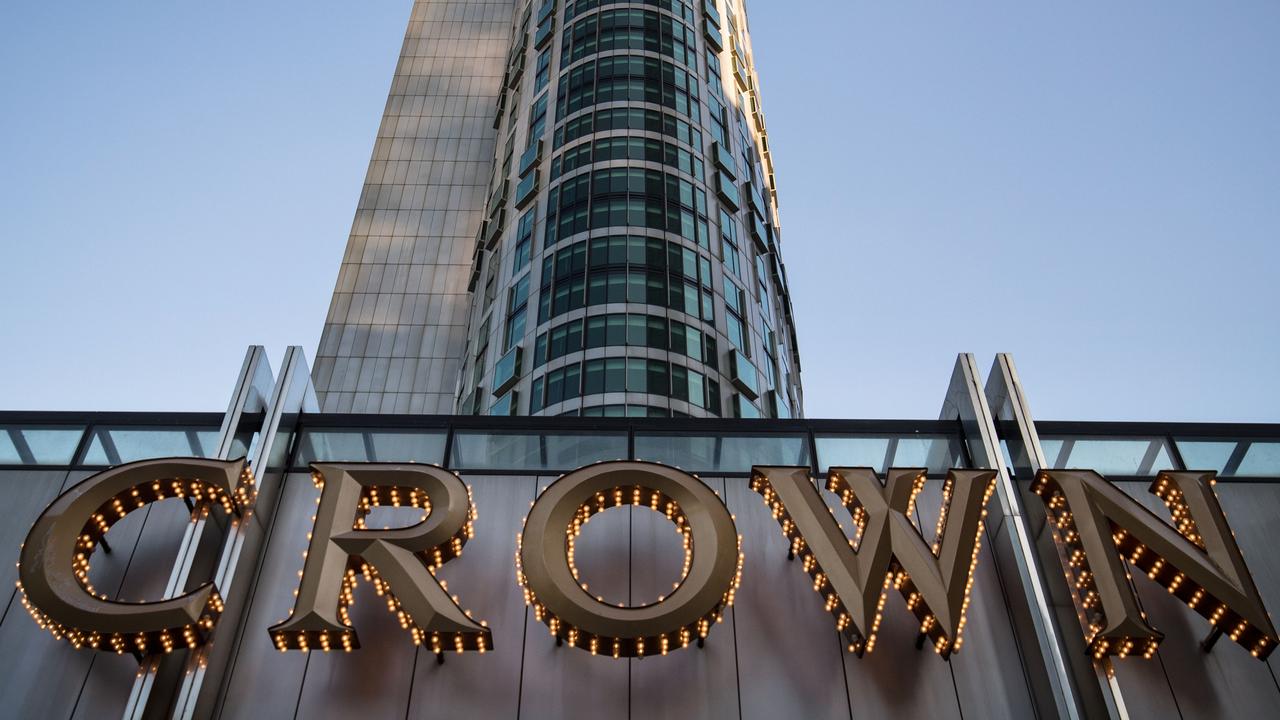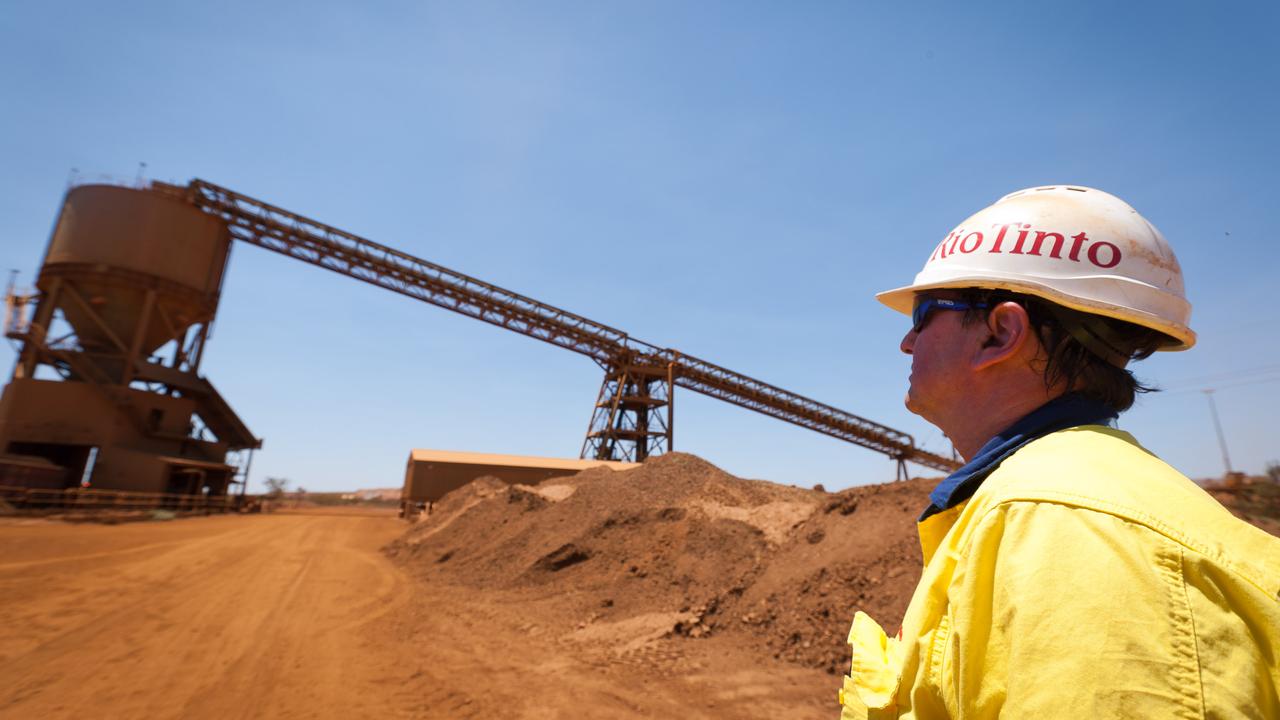REITs are reeling after RBA’s barrage of interest rate rises
Cracks are obvious in the listed property sector thanks to interest rate rises and structural issues, but a turnaround may be on the horizon.
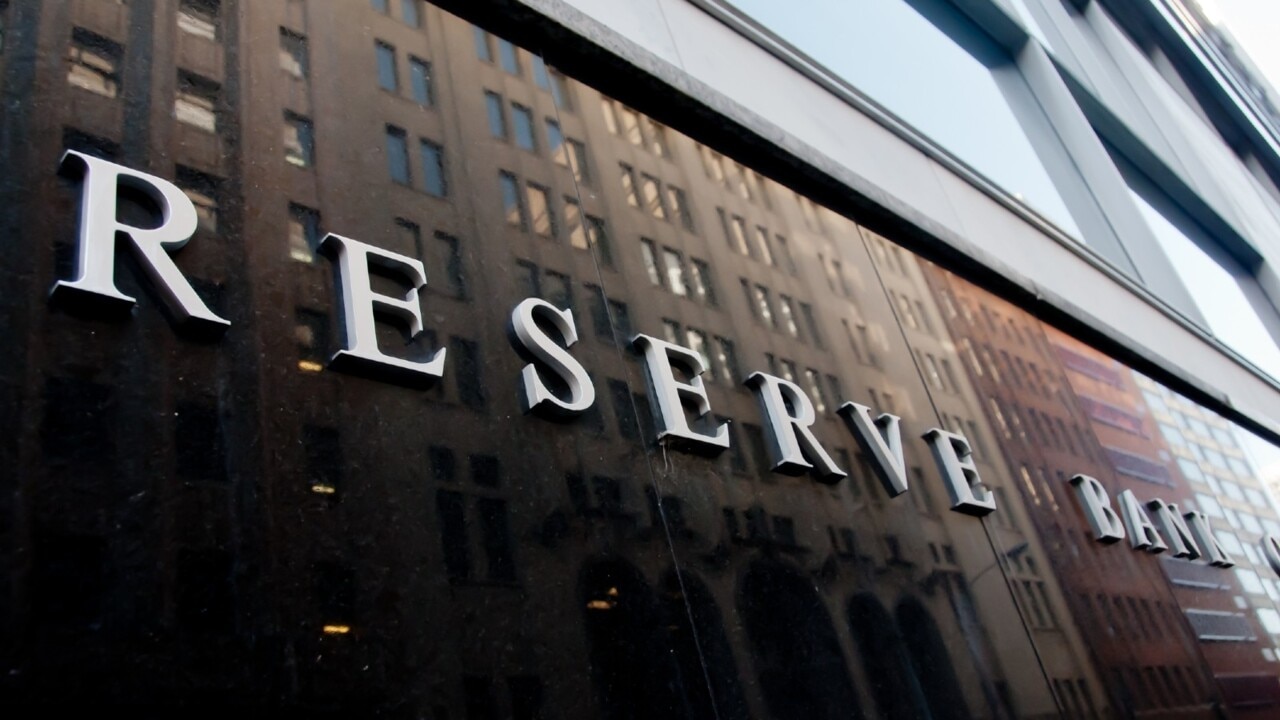
Business
Don't miss out on the headlines from Business. Followed categories will be added to My News.
Residential house prices appear to have bounced back after a national slump, but for Australia’s other popular property play – real estate investment trusts – the outlook is cloudy.
REITs, still commonly known as listed property trusts, have struggled since late 2021 and face multiple threats to their profits and growth – and interest rate increases are the biggest challenge.
The Reserve Bank’s dozen cash rate rises, from 0.1 per cent to 4.1 per cent, since May 2022 have been a sledgehammer for the sector.
Several REITs invest in retail and office properties, which are battling slowing consumer demand, the rise in online shopping and weaker demand for office space as employees continue working from home.
The ASX 200 A-REIT index covering 18 companies has fallen 5 per cent this month, and is down 23 per cent in the past 18 months. Longer term, it is still 46 per cent below where it was 15 years ago before it was smashed by the global financial crisis.
Back then REITs were punished for having high debt levels, which today are much more manageable but still a challenge amid rising interest rates.
New PropTrack research suggests housing values may hit fresh peaks by January amid low supply, but analysts say a similar bounce back for REITs looks less likely.
Catapult Wealth portfolio manager Timothy Haselum said market predictions of two more RBA rate rises suggested lower property valuations and a general economic slowdown.
“Retail, industrial, office, hotel and residential should all be affected to differing degrees,” Mr Haselum said.
He expected more short-term pain but believed the REIT sector was close to the bottom.
“A rates pivot should trigger a rally, but the timing keeps getting pushed out as inflation remains persistent.”
IG market analyst Tony Sycamore said “nothing else matters” when it came to the RBA taming inflation, and this was negatively impacting REITs.
“For integrated property groups such as Goodman Group, who own, develop, and manage properties, raising funds in an environment of rising interest rates can be a challenge, as is raising rents and increasing profits,” he said. “For owners of shopping centres, such as Stockland Group who have retailers as tenants – in the current environment of soft trading updates, retailers simply cannot afford to pay higher rent.
“Presuming the current consumer slowdown continues and costs increase through higher wages, retailers’ earnings will likely continue to fall and will soon result in profit warnings and eventually requests for rent reductions.”
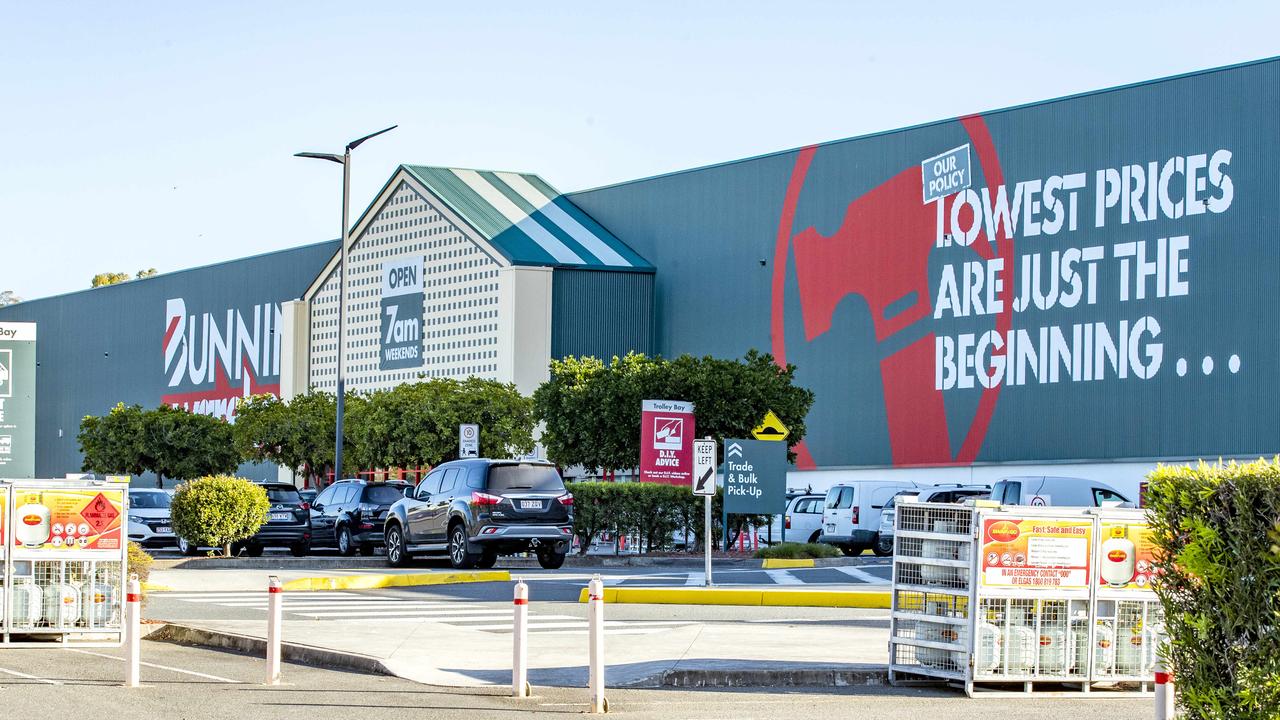
Shaw and Partners senior investment adviser Jed Richards said falling property prices and rising rates were delivering REIT investors “a double whammy”.
“Remember the GFC when we thought property trusts were the less volatile asset class of our market, and we worked out quickly that high gearing levels got them in trouble very quickly,” he said.
REITs had learned their lesson from the GFC but “companies that have debt are having to work hard in managing that”, Mr Richards said. The outlook for REITs differed between areas, with industrial properties and A-grade offices looking better than lower-grade officers because city employers could not attract people unless they had “spas, gyms and lunchtime yoga.”
As for individual stocks, Mr Richards said Shaw liked GPT Group because of its diversified property exposure, while he personally liked BWP Trust, which owns the land that holds Bunnings Warehouses and has fallen 11 per cent in six months.
“If you are selective, you will get sideways movement for a couple of years. It depends where interest rates are,” he said.
Goodman Group, which represents more than 27 per cent of the A-REIT index, is a favourite of Morgans analyst Liam Schofield, who has a $24 price target on the stock that currently trades below $20 on the ASX.
“GMG rarely screens cheap against domestic peers, but within the context of its offshore peers, it consistently delivers higher returns at lower levels of leverage,” he said in a research report.

Baker Young managed portfolio analyst Toby Grimm said Goodman Group and Mirvac Group were his preferred exposures, but noted that rising interest rates were hitting the bottom line of REITs.
He said he was starting to see potential value in the sector but believed there was more negative news to come.
“Property is cyclical … there might be better opportunities around the corner,” Mr Grimm said.
“We think there will be value. The expectation is once we have seen a peak in interest rates, it won’t be too long before they start cutting them, pointing to better days ahead.”
Mr Grimm said office property still had large structural issues, with the ramifications from people working from home during Covid continuing to impact the sector.
Catapult’s Mr Haselum said investors seeking exposure to REITs could consider a broadbased index fund such as the Vanguard Australian Property Securities Index ETF, or look at high-quality REITs that had taken a hit such as Dexus and Charter Hall.
More Coverage
Originally published as REITs are reeling after RBA’s barrage of interest rate rises




